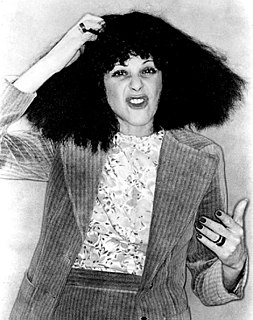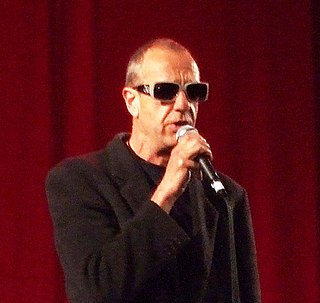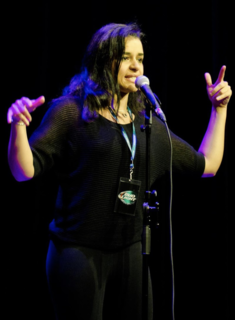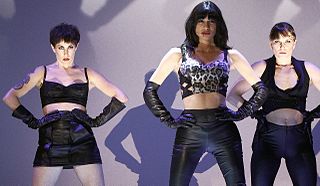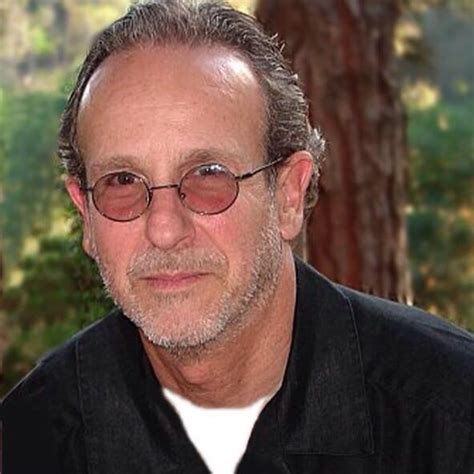A Quote by Gilda Radner
In our show we know, if we're not getting a response, you see it in our face... we either do something to get a laugh, or the audience is in on it with us.
Related Quotes
If we view a great mountain soaring into the sky, it may excite us, evoke an uplifted feeling within us. There is an interplay of something we see outside of us with our inner response. The artist takes that response and its feelings and shapes it on canvas with paint so that when finished it contains the experience.
Contemplation is a very dangerous activity. It not only brings us face to face with God. It brings us, as well, face to face with the world, face to face with the self. And then, of course, something must be done. Nothing stays the same once we have found the God within…. We carry the world in our hearts: the oppression of all peoples, the suffering of our friends, the burdens of our enemies, the raping of the Earth, the hunger of the starving, the joy of every laughing child.
I think that ties into our name and the meaning behind our name, going Against the Current. We don't really want to fit in to one section. If we're able to be grouped into one category then we've become something that already exists, probably. We want all of those kids that would come out to that pizza shop to come to our show and all of those kids who know us from the radio to come to that show. We have kids that come to our show that have been coming to concerts for years, and ones that it's their first concert and they just wanted to see it. I think that's the best way to do it.
It [The Esemblist] is also about the generation of audience members that are watching shows and listening to us at the same time; hopefully, in time, when they listen to our show and then go see a show, they'll realize even more what it takes to make a show, and they'll know even more about everybody on stage, rather than just people above the title of the show.
